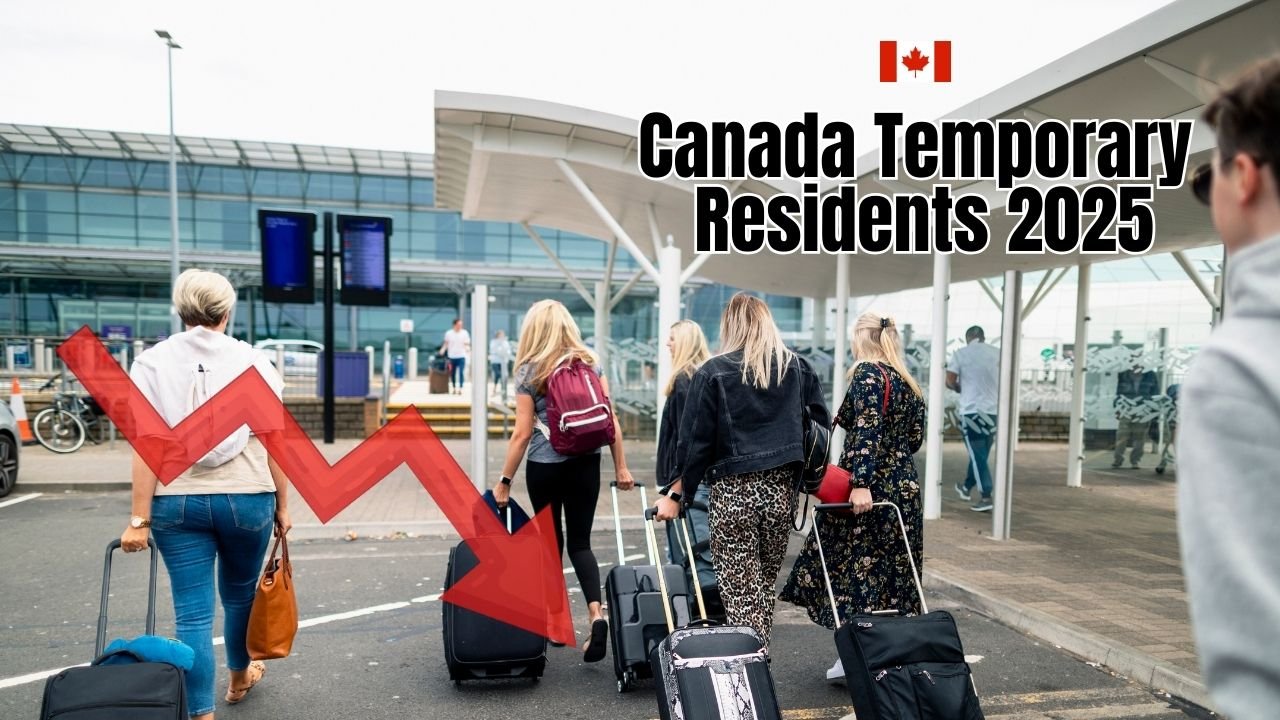Canada temporary residents 2025 face major changes under the new Immigration Levels Plan. For the first time, Canada is setting limits on temporary residents 2025, including international students and work permit holders. If you’re planning to study or work in Canada, these changes will impact your journey.
Let’s break down the numbers, explain why they matter, and explore how this affects your path to permanent residency.
What Are Canada’s New Temporary Resident Targets for 2025?
In a bold move, Canada has added temporary residents to its immigration planning. Here’s what the new 2025–2027 Immigration Levels Plan looks like for temporary residents:
- 2025 Target: 673,650 new temporary residents
- 2026 Target: 516,600
- 2027 Target: 543,600
This includes study permits, work permits under programs like the International Mobility Program (IMP), and other temporary resident categories.
Why Is Canada Making These Changes?
The decision comes after unprecedented population growth in recent years, driven largely by non-permanent residents (NPRs). The surge placed enormous pressure on housing, healthcare, and infrastructure.
By capping temporary residents, Canada hopes to stabilize growth while maintaining its commitment to high-skilled talent and international education.
Study Permits: Numbers Drop Significantly
If you’re an international student, here’s the reality:
- Jan–Jun 2024: 125,034 study permits issued
- Jan–Jun 2025: Only 36,417 – a 71% decline
The government has also introduced provincial caps, prioritizing students in high-demand programs and DLIs eligible for PGWP.
Work Permits: A Similar Trend
The International Mobility Program (IMP), which includes LMIA-exempt work permits, saw a steep decline:
- Jan–Jun 2024: 245,137 work permits
- Jan–Jun 2025: 119,234 – a 51% decline
This means fewer opportunities for open work permits and employer-specific permits under IMP.
Impact on Permanent Residency Pathways
Despite the cuts, Canada still prioritizes in-country candidates for PR. Over 40% of 2025 PR admissions will be from those already in Canada on temporary status.
What does this mean for you?
- Stronger focus on Canadian work experience
- Emphasis on Express Entry streams like CEC (Canadian Experience Class)
- Higher competition for study and work permits, making compliance with all requirements crucial
Key Takeaways for Students & Workers
✔ Apply early – provincial caps make timing critical
✔ Choose high-demand programs and DLIs to remain PGWP-eligible
✔ Gain Canadian work experience to boost PR chances
✔ Stay updated on IRCC policy changes – they’re coming fast
Final Thoughts
The inclusion of temporary resident targets in Canada’s immigration strategy signals a major policy shift. For students and workers, it’s no longer just about getting an approval—it’s about making strategic choices that align with the new reality.
Want expert guidance on your application? Book a consultation with our RCIC today and plan your move confidently.











